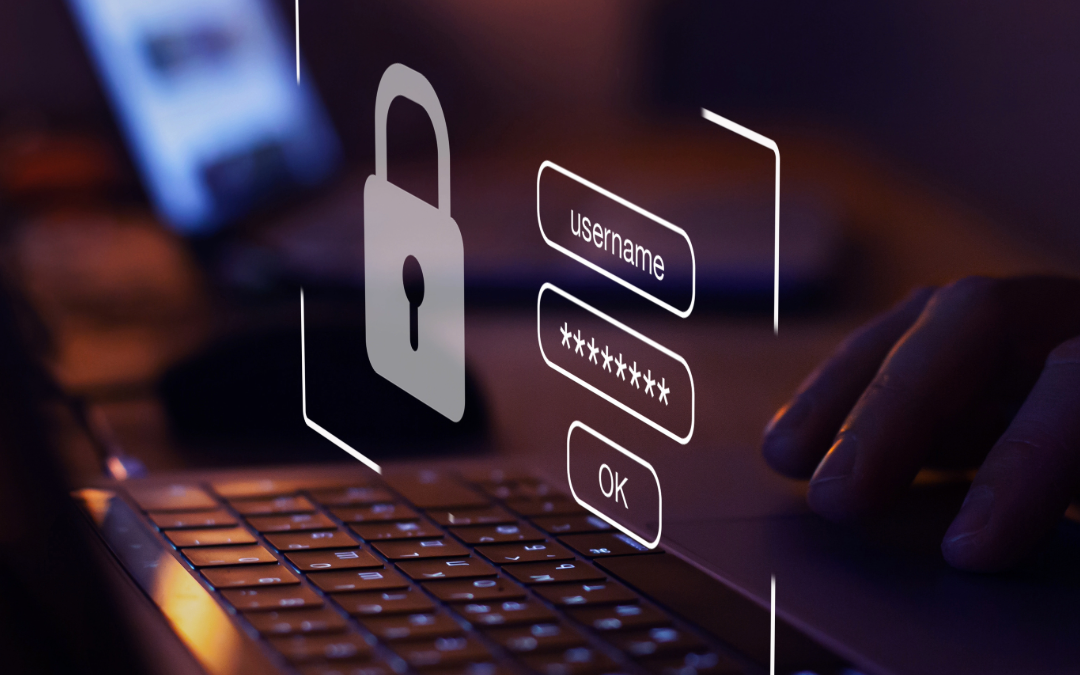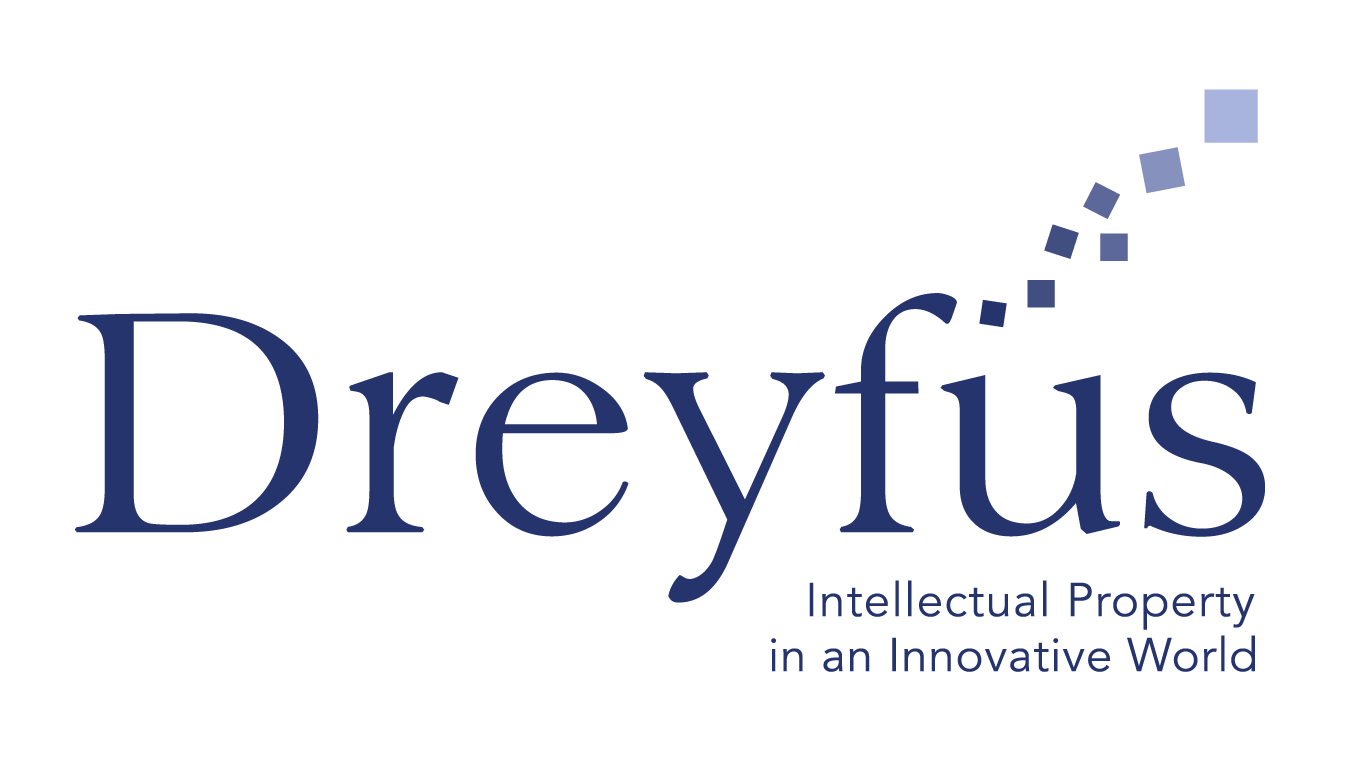
by Marketing Team | Mar 26, 2024 | Uncategorized
Image generated by DALL E 3 Microsoft version
In the modern digital landscape, a strong online presence is essential for the success of a business. However, the pursuit of online visibility can lead to questionable practices, including the illicit use of trademarks for internet referencing. Both in France and at the European level, such actions can sometimes be deemed as trademark infringement, potentially leading to criminal penalties for those involved.
A pivotal clarification was made by the French Court of Cassation on October 18, 2023. In decision number 20-20.055, the court ruled that using someone else’s trademark as a meta-tag or keyword in online content is allowed under a specific condition: it must not mislead or confuse internet users about the source of the goods and services being advertised. This decision emphasizes the importance of clarity in online advertising, ensuring that consumers are not deceived about the origin of products or services they find online.
The Legal Framework of Trademark Use in France and Europe
In France, the illicit use of trademarks is clearly defined as an infringement of trademark law. This includes copying, using, or imitating a registered trademark to market similar products or services. The European Union’s introduction of the “trademark package” on December 15, 2015, has further empowered trademark owners. This legislative update has broadened the scope of actions that trademark owners can challenge as infringements of their rights.
In the digital world, trademark infringements frequently materialize through the registration of domain names imitating existing trademarks, or the use of these as keywords for search engine optimization. Such methods can be considered as violations of trademark rights by the judicial authorities, both in national jurisdictions in France and at European level. This legislative approach demonstrates a commitment to safeguarding the rights of brand owners in the digital context, by ensuring the protection of brand identity and integrity against unauthorized online exploitation.
Background to the judgment
AQUARELLE, a company specializing in online flower sales, initiated trademark infringement proceedings against SCT. At the heart of the case was SCT’s use of the “AQUARELLE” trademark as a keyword for internet referencing.
SCT had acquired the term “AQUARELLE” via the Google Adwords platform, resulting in users being redirected to their website (www.lebouquetdefleurs.com) via a link promoted under the title “Bouquets Toutes Occasions -lebouquetdefleurs.com”. This site, falsely presenting itself as the “official site”, used terms relevant to the field of floral delivery in its descriptions and integrated the AQUARELLE trademark into its source code with the aim of improving its positioning on search engines, even though this manipulation was not directly visible to web users through their searches.
Court decision
The decision of the French Court of Cassation, dated October 18, 2023, established an important principle concerning the use of third-party trademarks in a website’s meta-tags. It was affirmed that trademark owners are entitled to object to the use of their trademark in the source code of a site, provided they can prove that such use suggests a link with their products or services, thereby creating a risk of confusion for the consumer. Thus, a complaint concerning the use of trademarks in meta-tags is only admissible if it demonstrates a potential risk of confusion for consumers. This ruling is in line with previous decisions of the European Court of Justice dated March 23, 2010.
Conclusion
The evolution of trademark law in the digital space, particularly with regard to the use of trademarks in meta-tags and digital advertising, highlights a delicate balance between improving online visibility and respecting intellectual property rights. The Court of Cassation’s ruling of October 18, 2023 marks a crucial milestone, clarifying that while digital use of trademarks is permitted, it must not mislead consumers as to the origin of products and services. This decision strengthens the rights of brand owners, while fitting into the broader legal framework of the European Union, ensuring the protection of brand integrity in the digital age.
For market players and SEO professionals alike, it is becoming essential to navigate digital marketing strategies with care, respecting both national and European legal frameworks. This highlights the importance of transparency and ethical advertising practices, ensuring that the use of trademarks does not violate the rights of others or mislead consumers.
Our firm, Dreyfus & associés, offers unrivalled expertise in guiding companies through the complexities of this legislation, providing strategic advice to ensure that their online marketing initiatives are not only effective but also compliant with current trademark regulations.
Have your say: Follow us on social networks!
LinkedIn
Instagram

by Marketing Team | Mar 7, 2024 | Uncategorized
In the digital age, brand protection and cybersecurity are converging to become a major challenge for companies. The rapid digitization of economic activities exposes brands to a wide range of cyber threats, requiring a robust and integrated protection strategy for their intangible assets.
Rising cyber-security attack complexity : a threat to brand integrity
As cyber-attacks become increasingly sophisticated, targeting intangible assets and brand integrity, businesses are urged to adopt advanced online security measures.
The Evolving Threat Landscape
Cyber-attacks are evolving, with a marked increase in precision and complexity. These threats, ranging from phishing and identity theft to significant data breaches, underscore the urgent need for robust online security protocols. Unlike isolated incidents of the past, the current trend signifies a persistent and evolving threat to brands’ non-physical assets.
Case Study: The 2020 Twitter Phishing Incident
A prime example of such vulnerabilities was the 2020 phishing attack on Twitter. High-profile accounts, including that of former U.S. President Barack Obama, were compromised to perpetrate a Bitcoin scam. This breach not only exposed critical security flaws in digital platforms but also severely eroded user trust in Twitter, tarnishing its reputation significantly.
Intellectual Property at Risk
The infringement of intellectual property, particularly trademarks, can have dire financial and legal consequences for businesses. Loss of revenue, reputational damage, and a decline in market value are among the significant risks companies face in the digital age.
The 2020 cyber-attack on RUAG, a Swiss aerospace and defence technology company, serves as a stark reminder of these risks. The incident profoundly impacted RUAG’s reputation, raising serious data security concerns among its customers and partners. Warren Buffet’s adage, “It takes 20 years to build a reputation and five minutes to ruin it,” aptly reflects the fragility of reputation in today’s digital landscape.
Strengthening brand security with advanced cybersecurity strategies
In light of these threats, integrating cybersecurity into brand protection strategies has never been more crucial. Businesses must remain vigilant, adopting proactive measures to safeguard against the ever-evolving landscape of cyber threats.
Proactive Monitoring: The First Line of Defence
A comprehensive brand protection strategy begins with proactive monitoring. This includes diligent management of domain names and vigilant oversight of brand presence across social networks and online platforms. Effective brand monitoring not only identifies potential threats but also enables swift action to mitigate any damage.
Cisco’s approach to brand protection through its “Protecting Our Brand” initiative serves as a prime example. By fostering collaboration across legal, IT, and marketing departments, Cisco demonstrates a unified front against counterfeiting and piracy. The initiative’s success highlights the effectiveness of cross-departmental teamwork and the use of cutting-edge brand monitoring tools in defending against infringements on intellectual property rights.
Leveraging Technology for Enhanced Protection
In the battle against cyber threats, advanced technologies like artificial intelligence (AI) and machine learning (ML) are becoming indispensable. Their ability to perform predictive risk analysis and enable rapid responses is transforming the landscape of cybersecurity. These technologies provide a significant advantage in anticipating threats and implementing protective measures.
In this regard, employee awareness and continuous training are fundamental pillars. For example, the “Stay Safe Online” programme offered by the US-based National Cyber Security Alliance is a valuable resource, providing employees with a set of recommended cybersecurity practices. Such initiatives underscore the critical importance of individual vigilance in protecting brands in cyberspace.
Build a Sustainable Brand Image in the Digital Era
The digital landscape presents unparalleled opportunities for enhancing brand visibility and growth. Yet, these opportunities bring about the crucial responsibility of safeguarding brands against evolving cyber threats.
Therefore, in conjunction with intellectual property rights, a robust cybersecurity framework is paramount. Using new technologies and fostering a culture of security within your business are critical steps in defending against cyber threats.
Dreyfus.io: Your Partner in Brand defence
Recognizing the need for specialized expertise in this dual endeavour, Dreyfus.io emerges as a premier partner. Offering comprehensive trademark registration advice and defence strategies, Dreyfus.io is equipped to support brands across various industries in their quest for digital sovereignty.
By partnering with experts like Dreyfus.io and committing to relentless vigilance and innovative security strategies, brands can thrive in the digital landscape.
Dreyfus law firm is in partnership with an international network of lawyers specialised in Intellectual Property law!
For further insights into building a resilient brand identity and staying ahead of cyber threats, join us on social media and explore our range of services designed to protect your digital assets.


